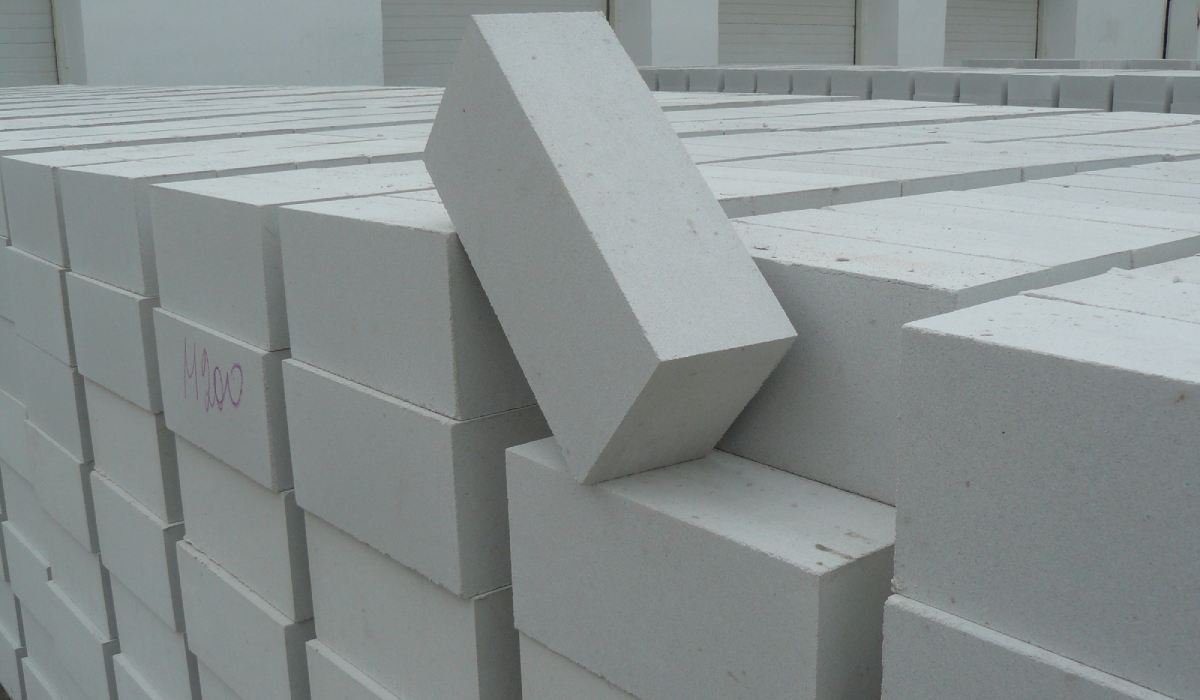What is the Difference Between a Silicate and a Silica?
Dec 05, 2024When working with high-performance materials like refractory bricks, it's essential to understand the fundamental differences between various compounds. Two common terms in the field of refractory materials are silicate and silica. While they may sound similar, they have distinct properties, chemical compositions, and applications. In this article, we will explore the differences between these two important materials and their relevance to industries like metallurgy, ceramics, and glass manufacturing.
Silica, also known as silicon dioxide (SiO₂), is a naturally occurring compound found in materials like quartz, sand, and granite. It is a hard, chemically inert material with high thermal stability. In the context of refractory materials, silica bricks are commonly used due to their excellent resistance to high temperatures and thermal shock. These bricks are often employed in the lining of furnaces, kilns, and other high-temperature environments.
Silica bricks are made primarily from high-purity silica sand, which is processed and formed into bricks capable of withstanding extreme heat and thermal stress. Their ability to resist acids and alkalis makes them ideal for use in industries where chemical exposure is common.
Silicates, on the other hand, refer to a group of compounds that contain silicon and oxygen, typically bonded with other elements like metals. Silicate bricks, for instance, are made by combining silica with an alkali metal oxide like calcium oxide or magnesium oxide, creating a durable material with a lower thermal expansion compared to silica.
Silicate-based refractories are ideal for applications in blast furnaces, steel plants, and areas where moderate temperatures are encountered. These materials are known for their good thermal conductivity, making them suitable for high-heat transfer environments.

Both silica and silicate materials play vital roles in high-temperature industrial processes. Silica bricks, such as those offered by DYSen Industrial, are essential for extreme heat resistance, while silicate refractories provide effective thermal management in a variety of industrial applications.